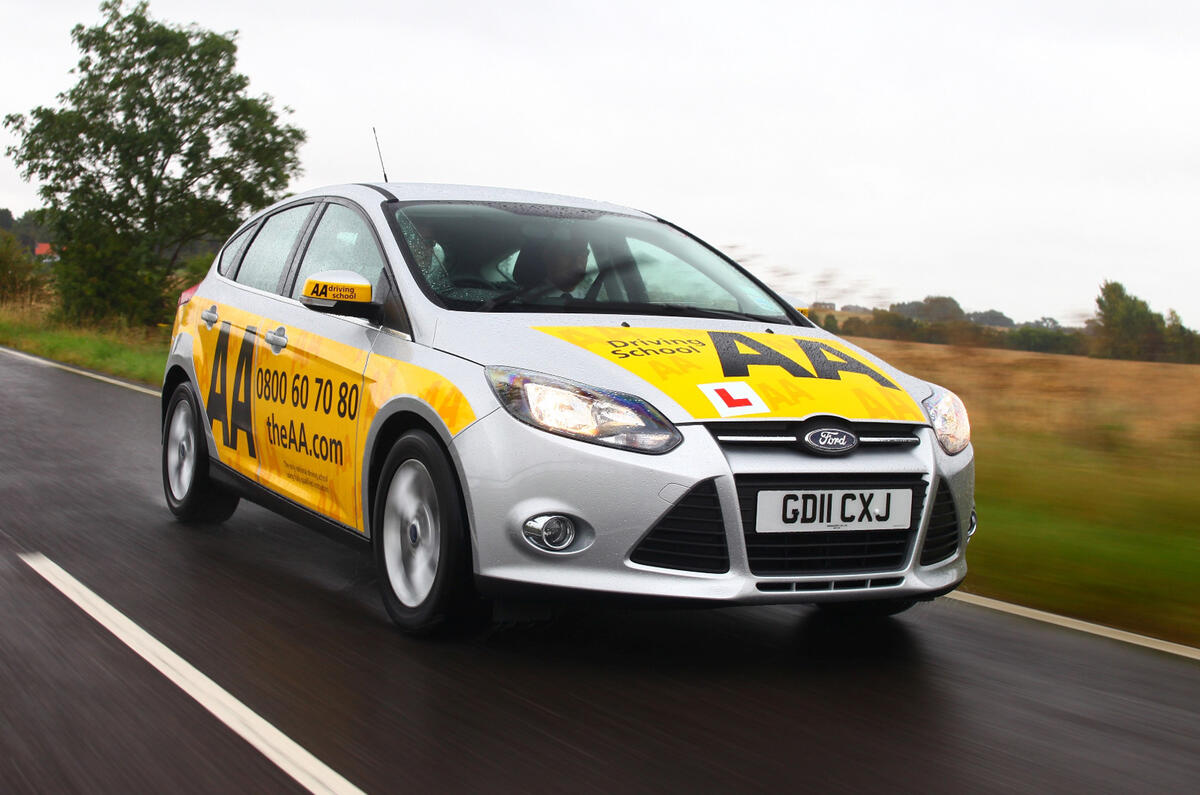Possibly the greatest cinematic celebration of cars and youth, American Graffiti, celebrates its 40th anniversary this month.
The story of California teenagers’ lives revolving around their cars rang true once but would seem hopelessly contrived if made today. Nowadays, increasing numbers of teenagers across the developed world don’t even bother getting a driving licence, let alone a car.
Car manufacturers are starting to fret that young people - the car buyers of tomorrow - are falling out of love with their products. Given the ageing populations of developed countries, car companies are desperate to woo as many young buyers as possible, and the thought that the crucial youth market might dry up is giving bosses sleepless nights.
To see how bad things could get, just look at Japan, where the pheno menon was first noted. A stagnant economy for the past 20 years, serious congestion and a youth market focused on products with plugs, not petrol, has led to a collapse in the Japanese car market. It peaked in 1990 at 7.7 million, and then fell steadily to a low of 4.2 million in 2011, before recovering slightly to 5.0 million in 2012 (mainly because of government incentives).
However, the true picture is even worse. The proportion taken by mini cars up to 660cc has soared to 40 per cent of total sales - and they are the least profitable (and least aspirational) part of the market.
A survey of 1700 Japanese in their 20s and 30s by Nihon Shimbun, Japan’s biggest business newspaper, found that the proportion of Japanese men in their 20s who wanted a car fell from 48 per cent in 2000 to 25 per cent in 2007, and the proportion of Japanese drivers under 30 halved between 1993 and 2005.
One of the key factors identified in Japanese surveys was the rise of the internet. Young people can socialise and shop online so have less need to leave the house.
That may sound far-fetched, but a 2011 study by the University of Michigan Transportation Research Institute, which was part-funded by an anxious motor industry, found that this is a worldwide phenomenon.
Looking at 15 countries, the study found that there is a statistically significant correlation between the rise of the internet and the decline in the number of young drivers.
The fact that the decline has more to do with attitudes than economics is borne out by Germany, where recessions are what happen to other people. Despite being the centre of the European motor industry, the number of people under 25 holding a licence has also fallen significantly over the past 10 years.
Meanwhile, in the UK, Department for Transport figures show that the proportion of 17 to 20-year-olds with driving licences peaked at 48 per cent in 1993 and fell steadily to 31 per cent by 2011, and for 21 to 29-year-olds the proportion fell from 75 per cent to 63 per cent over the same period.









Join the debate
Add your comment
Why aren't young people buying cars?
I can see this is a real problem Jay.
Just at our offices alone nearly all the under 30's do not have cars, and of those very few of them are even interested in cars....albeit our offices are in London.
The young are increasingly urbanised and as such car ownership is more of a problem than an asset....many use car sharing schemes for the few occasions they need a car.
However history teaches us that once these individuals are married with children, many move out of the towns and cities for the fresh air of the countryside...they are in for a shock then as public transport is virtually non existent and they will be introduced to the delights of having to run their children here there and everywhere!
Many people believe that cars will have to be priced similarly to phones as monthly renewable contracts with upgrades after a short time, since this is buying pattern they are used to.
The worry is that if they have had no interest in cars from the start, they may view cars as just another commodity...a means to an end, probably more interested in the latest phone or tablet than the latest car, in which case it will be a tougher time for the premium manufacturers to sell the 'dream'.
Despite all this we are now (including the young) more in love with designer labels than ever before...witness the size of the 'fake copies' industry, so I don't think the premium manufacturers have too much to fear just yet. It would need a complete mindset shift for this to change.
@chris576
You ask why would anyone ever rent a car? It says in my post that I VISIT the UK, from which you might work out that I live abroad. I'm not going to rely on public transport or minicabs to transport me, my luggage, elderly relatives and their dogs for days out, cottage in the country for a few days etc.
Hello? Ace Minicabs? My mother needs to do several runs to the dump with garden clippings and all the rubbish from the bathroom makeover - can you send someone round and make sure it's a large hatchback with the back seats folded?
I think not!
They could afford the
They could afford the insurance if the manufacturers built suitable low risk cars. Sub 400kg cars would be a start.